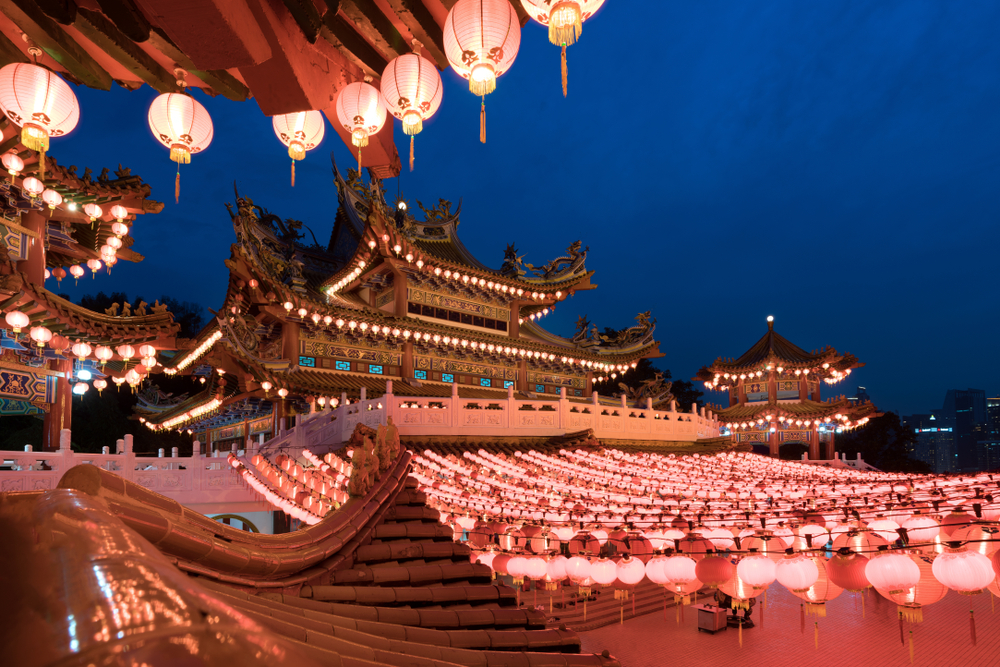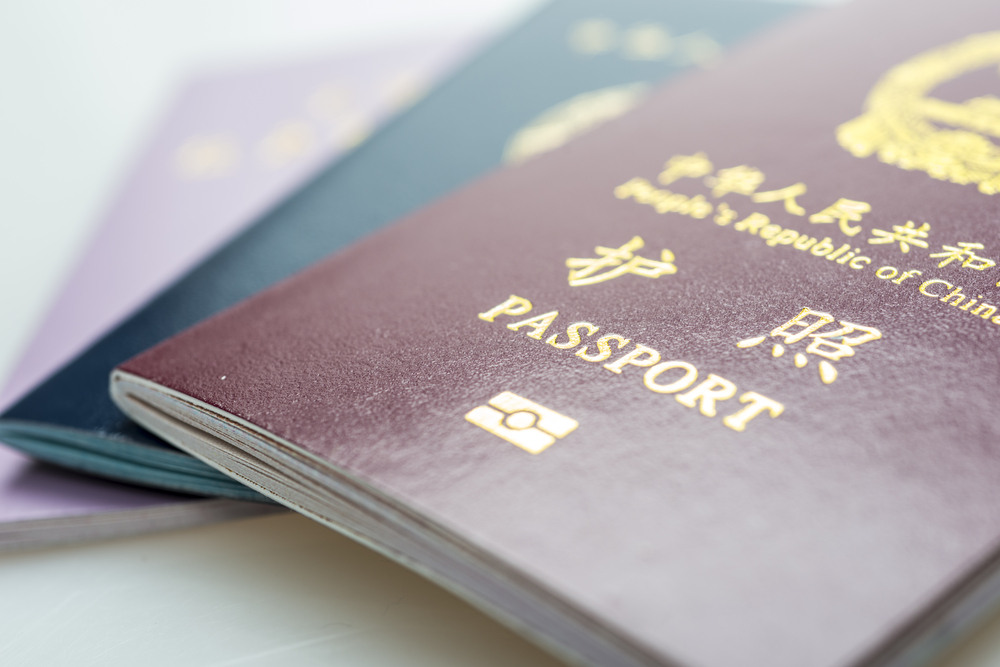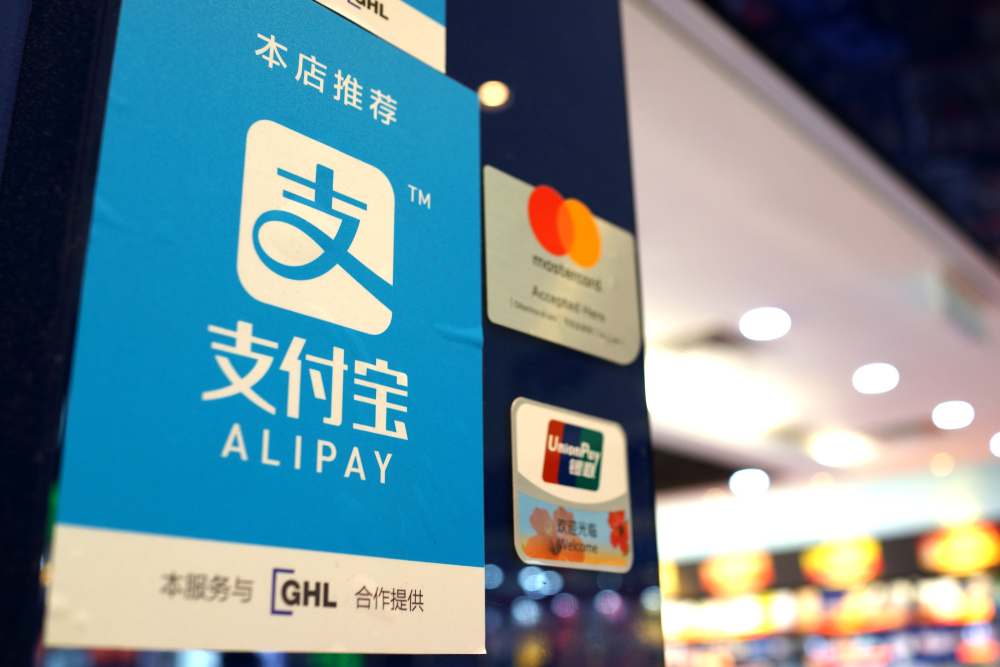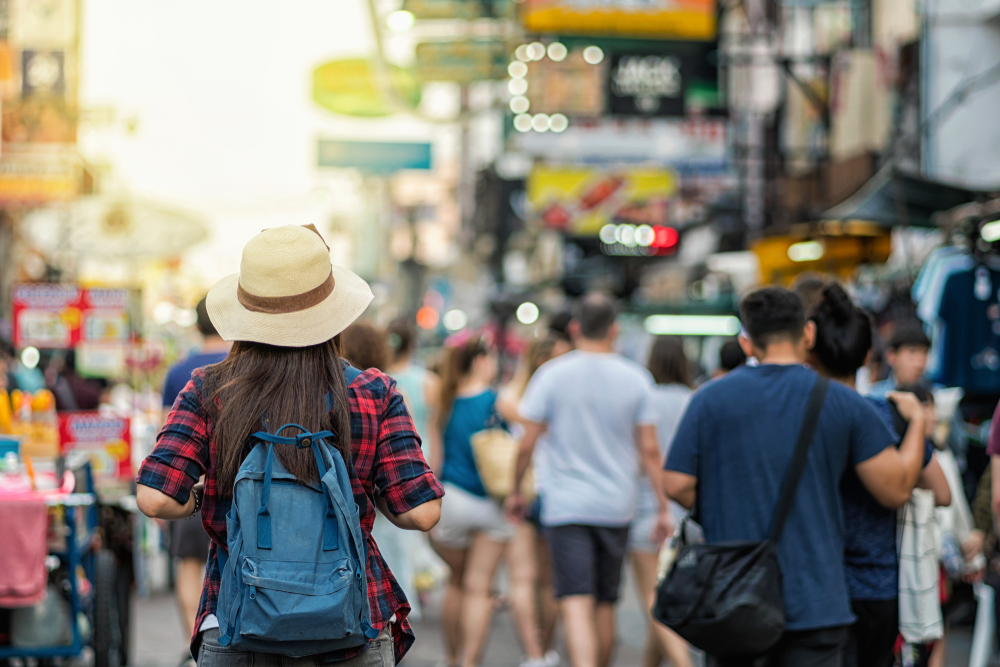
With the Year of the Pig just around the corner, Hotelbeds has prepared some testimonials about the upcoming CNY, and how it affects the tourism industry.

Hui-Wan Chua, APAC director of wholesale sales of Hotelbeds, shared her thoughts on key dates, Chinese travel myths, what travellers are looking for, and how to attract more of the millions who will take a holiday outside of China this Lunar New Year.
What are the key dates for Chinese New Year travel?
“Chinese New Year is a festival that celebrates the beginning of a new year on the lunar calendar. The festival is also known as ‘Spring Festival’ which is the biggest celebration in China and the largest annual mass human migration in the world.
“In 2019, the Chinese New Year festival falls on Tuesday 5 February. However, the seven-day holiday starts on Monday 4 February (New Year’s Eve) and ends on Sunday 10 February.”
“The largest annual mass human migration in the world”
“Many tourists who travel during the Spring Festival choose to leave one week early or return later, especially for long-haul travel to Europe and America. According to the booking data of Ctrip as of 7 January 2019, the number of tourists will increase significantly on Thursday 31 January and the peak level of travelling occurs on the first day of the New Year (Tuesday 5 February).”
Is that true most Chinese travellers book last-minute trips?
“Many Chinese travellers book their trips two to four weeks before taking it. When compared to western travellers who plan their trip six months or more before departure, Chinese are indeed last-minute bookers when it comes to holidays.
“However, for long-haul international travel such as to America or Europe, most Chinese travellers will book and plan their trips in advance, especially to those destinations without a visa waiver or visa-on-arrival policy for Chinese travellers.”

What kind of holiday experience are Chinese travellers who want to go abroad looking for during the Chinese New Year period – city breaks or beaches, or something else?
“Chinese New Year usually comes on the coldest days of the year in China. Therefore, Chinese travellers want to enjoy all of the main leisure themes that can be found abroad, including beaches, skiing, family entertainment, cruises or natural scenery.”
“Shopping is not the prime reason any longer”
“Previously, shopping was the main travel motivation for many Chinese tourists, but nowadays shopping is not the prime reason any longer for Chinese international travel. Instead, they want more experiential travel.
“In recent years, some Chinese travellers choose to head to notable resorts to enjoy their holidays with family. Some ski resorts, private beach resorts, and hot spring resorts are family-friendly options for Chinese travellers.”
Is it true that many Chinese travellers don’t have credit cards? What should Western hotels be doing when it comes to payments options such as WeChat Pay and Alipay?
“More and more Chinese travellers hold credit cards, but only a limited number of travellers are used to using credit cards when they travel. Many hold a Chinese card called UnionPay though, and not cards issued by Western banks. But with the continuous expansion of Union Pay’s acceptance network, it’s more convenient for Chinese travellers to travel abroad than ever before. Chinese customers also often request multi-payment options, including a bank transfer, Alipay and WeChat Pay.
“Only a limited number of travellers are used to using credit cards when they travel”
“Additionally, UnionPay and Alipay Tax Refund service can help UnionPay cardholders and Alipay users receive refunds immediately after shopping in Chinese currency without the need for currency conversion and also saves travellers’ time – so by adding these options you increase the likelihood of a Chinese traveller purchasing with you.”

What is the single most important factor that Chinese travellers going away internationally for the Chinese New Year will be looking at when booking a hotel?
“Although Chinese tourists are price sensitive, they are still willing to spend on their accommodation. Chinese millennials have emerged as a key customer group and they would like to buy the best they can afford.
“Room type is essential too as normally Chinese travellers request a twin (double bedroom) and having a kettle and breakfast included are very important factors they would consider when booking a hotel abroad – so not only having these on offer, but also making clear in the booking process that you have them, is key for any hotel that wants Chinese bookings.”
And what single most important factor is likely to make a Chinese traveller NOT book a hotel for the New Year period?
“If there are any negative comments about a hotel’s security or safety, or the safety and security of the area it is in, Chinese travellers won’t book, especially when considering making international reservations.
“Providing safety and security information in Chinese, especially if your hotel neighbourhood could be perceived by some as dangerous at times, may help ease any concerns – as well as showing that you have good security precautions and so on in your hotel itself.”

Any last tips or advice for Western hotels on how to attract more of the millions of Chinese travellers who will take a holiday outside of China this Lunar New Year?
“In essence, understanding Chinese cultural norms is the key to attracting Chinese tourists. Western hotels need to make Chinese tourists feel like home — that’s the strategy.
Translating the menu, providing the welcome signs in Chinese, installing Chinese TV channels, making hot water or a kettle available, giving Asian breakfast options, and adding payment options with either Alipay or WeChat Pay will all prove very popular with Chinese guests.”
Click here to read the full testimonial from Hotelbeds.



 share
share





































